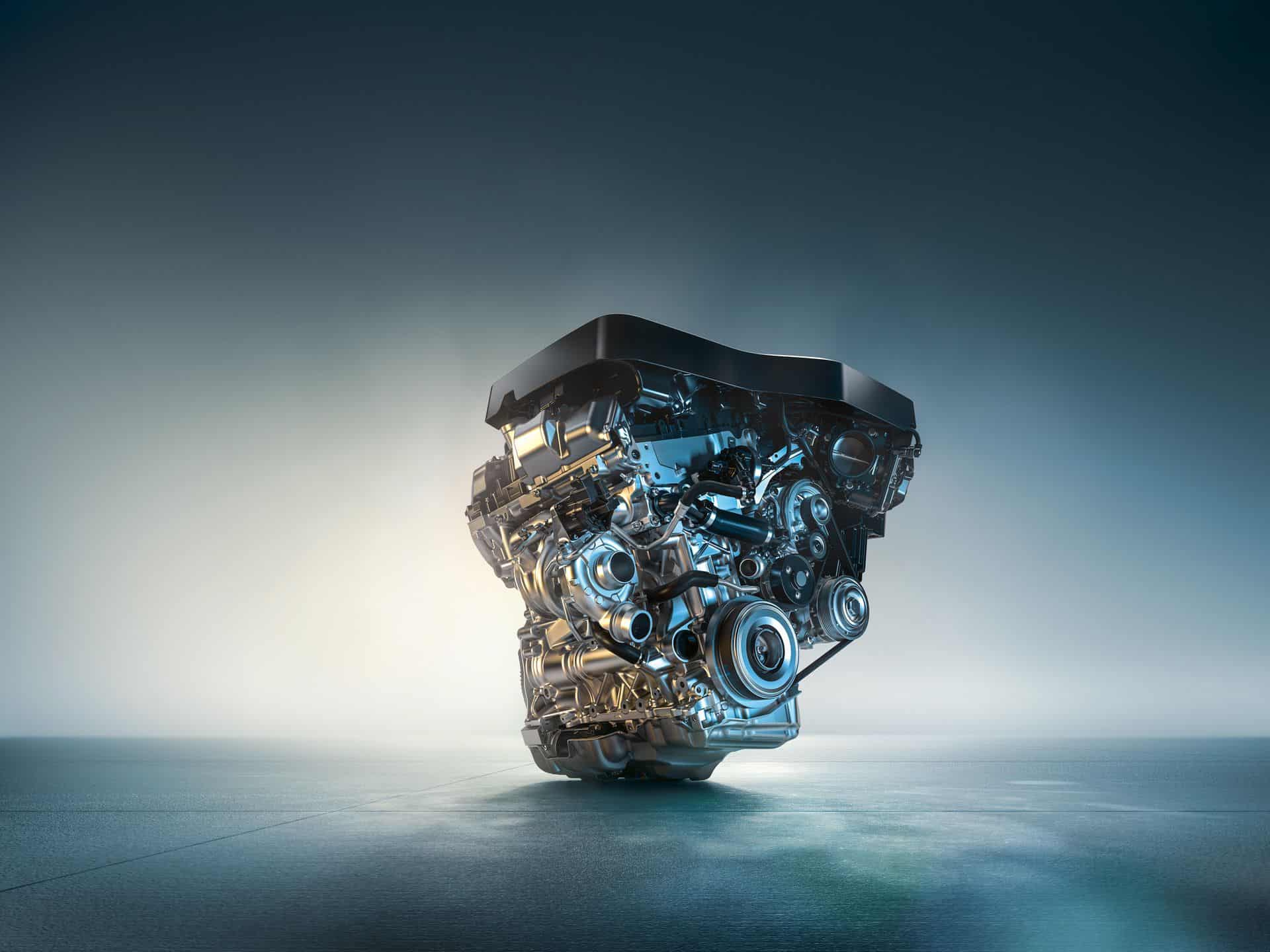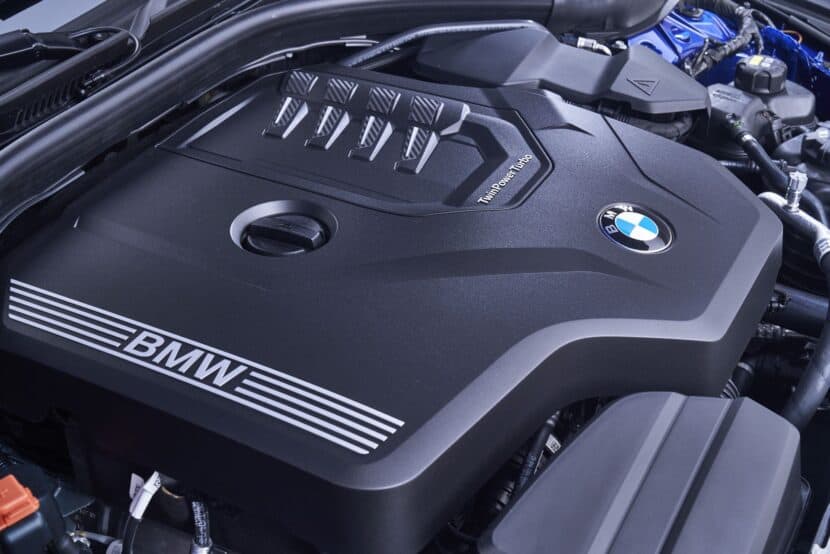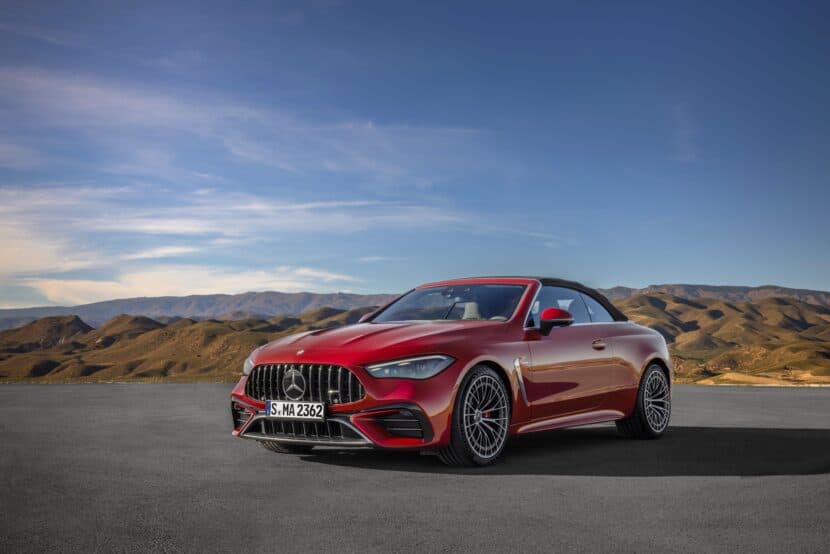BMW engines in Mercedes cars? It sounds unlikely, but reports of a potential BMW–Mercedes alliance suggest that’s exactly what could happen later this decade. The deal — still far from finalized — would see Mercedes leaning on BMW’s proven 2.0-liter B48 engine to help meet looming Euro 7 regulations.
At least, one that isn’t sourced from China’s Geely. This is due in part to Mercedes’s single-track focus on electrification over the last few years. Using BMW’s 2.0-liter B48 engine is the perfect workaround, allowing Mercedes access to a proven engine with zero R&D costs. Those are some serious upsides. But BMW might still be the bigger winner if the deal goes through.
The Optics of BMW Engines Powering Mercedes Models
If you’re BMW, you have to love how this looks. The BMW-Mercedes rivalry almost certainly needs no introduction to anyone reading this. A Bavarian power plant under the hood of a Mercedes is likely as close as either automaker will get to truly “winning” the fight. BMW wins a larger marketing war — thanks to headlines like these — and smaller ones, too, every time a Mercedes owner pops the hood. On the other hand, it’s unlikely these engines would find their way under the hood of true “enthusiast” Benz models. So, perhaps take the “popping the hood” bit metaphorically.
BMW also wins in a more “real,” way. That is, securing the sale of tens of thousands more B48 engines than they otherwise would sell. BMW has the capacity over in the Steyr plant to produce and provide 2.0-liters to Mercedes. Fully utilizing Steyr gets a better return on BMW’s dollar. Then, of course, there’s also whatever amount Mercedes is paying per engine. It’s a clear win for BMW.
Potential Wins for Mercedes
If it was anyone but Mercedes, it wouldn’t matter. BMW already provides engines to a variety of other marques, including Land Rover, Toyota, and Morgan. While it’s a big deal to enthusiasts and maybe a handful of customers, most customers won’t know or care about the engine swap. Even a portion that are well-read enough to know about it likely won’t mind, either recognizing that BMW makes a quality engine or that it’s simply the state of the automotive industry today. There’s also the fringe possibility that Mercedes ends up making a better BMW than BMW does. Powertrain is half the equation, and starting with a great one essentially allows you to start on second base.
We think BMW comes out ahead in this deal. It’s all good news for a brand that, these days, already gets a ton of positive praise. Meanwhile, Mercedes looks ill-prepared for the future and has to shell out some cash just to stay competitive. Hey, it’s still a better look than using Geely engines.
























































